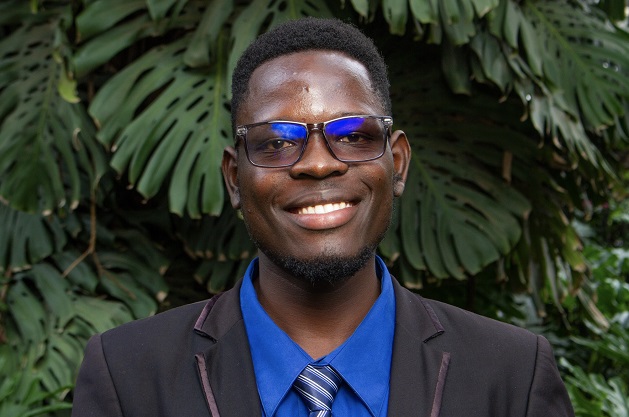By Egwelu Timothy
The aftermath of the Covid19 and inaccessible Television format media saw authorities in Uganda organise a policy consultation through Disabled Persons organizations. Despite their willingness to contribute to the consultation on the aftermath of the Covid19 pandemic, it was difficult for them to understand and navigate the complicated regulatory landscape. Such inaccessible formats presented a major obstacle to their effective participation in policy-making, highlighting the pressing need for increased accessibility and inclusivity measures in Uganda.
The inclusion of persons with disabilities through (Disabled Persons Organisations) DPOs in the development of policies is an essential step towards creating an inclusive and accessible society. However, merely having representation in consultations alone is not enough to address the meaningful participation of persons with disabilities in mainstream policies and systems. As a first step towards inclusion and meaningful participation, accessibility to all mainstream policies, systems, and services is a crucial factor that needs to be addressed. Consultations with Disabled Persons organisations do not merely guarantee that the policies will meet the needs and preferences of people with disabilities. For this reason, it is crucial to ensure that all mainstream policies and systems are made accessible as a first step towards meaningful participation.
In South Africa, due to the effects of section 27 of the Copy Right Act, 99.5% of published books such as law books and related material are not available in accessible formats such as despite the fact that the UNCRPD and its reporting procedures require governments to remove all obstacles to information access, this continues to be the case. Data from the World Federation of the Deaf indicates that 92% of countries in n countries haven’t legally recognised their sign languages which leaves doubt as to the availability of accessible laws in sign language in these countries.
Accessibility is a fundamental prerequisite for inclusion and participation. Without accessibility, people with disabilities face barriers that prevent them from accessing basic services, facilities, and information. They are excluded from mainstream society, and their voices are not heard or considered in policy development.
Therefore, governments and institutions must take proactive measures to ensure that people with disabilities have equal access to mainstream policies, systems, and services. This includes providing accessible communication, transportation, education, healthcare, employment opportunities, and other essential services.
Furthermore, regardless of the sector, policymakers must ensure that accessibility is considered from the outset of policy development and implementation. They must engage people with disabilities and their representative organizations in meaningful consultation to understand their needs, preferences, and priorities.
However, accessibility alone is not enough to achieve meaningful participation. Policymakers must also ensure that people with disabilities have equal to engage in the policy process, voice their opinions, and influence decision-making. This includes providing accessible venues, information, formats, and technologies to facilitate their participation.
To conclude, the participation of persons with disabilities in policy development is crucial for a truly inclusive and accessible society. However, it is only possible when mainstream policies, systems, and services are made accessible in the first place. Governments and institutions must prioritize accessibility to create a level playing field and ensure meaningful participation for all.
Do you have a story or an opinion to share? Email us on: dailyexpressug@gmail.com Or follow the Daily Express on X Platform or WhatsApp for the latest updates.
The writer; Egwelu Timothy is a lawyer and a disability policy consultant.

